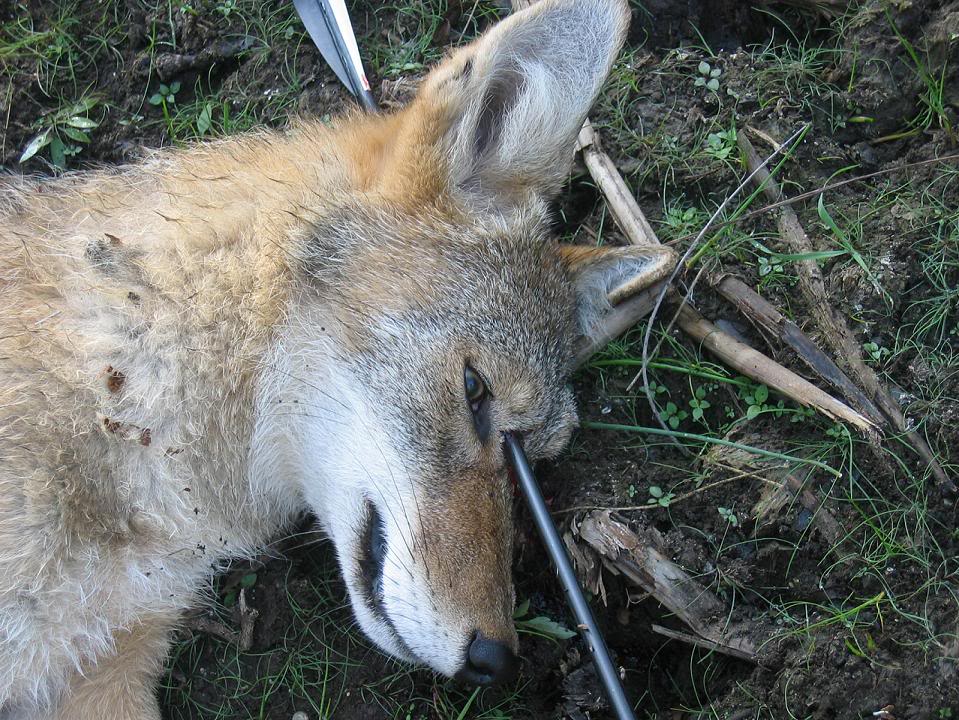Eastern coyote howling and yipping facts

Remember massachusetts Oct. 17, 2020 – Mar. 8, 2021 you can hunt coyote 🙂
Coyotes are typically shy and elusive, but they can frequently be seen individually, in pairs, or in small groups where food is commonly found. They remain active year-round and do not hibernate.
Coyotes communicate by vocalizing, scent marking, and through a variety of body displays. It is common to hear them howling and yipping at night, or even during the day in response to sirens and other loud noises. When one hears a family of coyotes howling, it’s easy to think the area is overflowing with coyotes, but it’s usually just a few coyotes with their pups. Coyotes do not howl to announce a kill; this would attract other wild animals. Coyotes howl because:
- They’re telling non-family members to stay out of their territory.
- They’re locating their family members within their territory.
- They’re advertising for a mate during breeding season.
- Pups practice howling and can be especially vocal in late summer as they attempt to mimic their parents.
- When there is a potential threat towards the pups, adult coyotes will scatter and howl in order to distract the threat away from the den site.
Coyotes are opportunistic feeders, meaning they will feed on whatever is most readily available and easiest to obtain. Their omnivorous diet consists of a variety of foods including rodents, rabbits, deer, birds, insects, reptiles, fruits, and berries. They will scavenge roadkills, rodents, and birds killed by cats, as well as garbage and pet food left outdoors. In suburban areas, they have been known to prey on unprotected pets, including house cats and small dogs. source mass wildlife


nockedup Massachusetts outdoors.